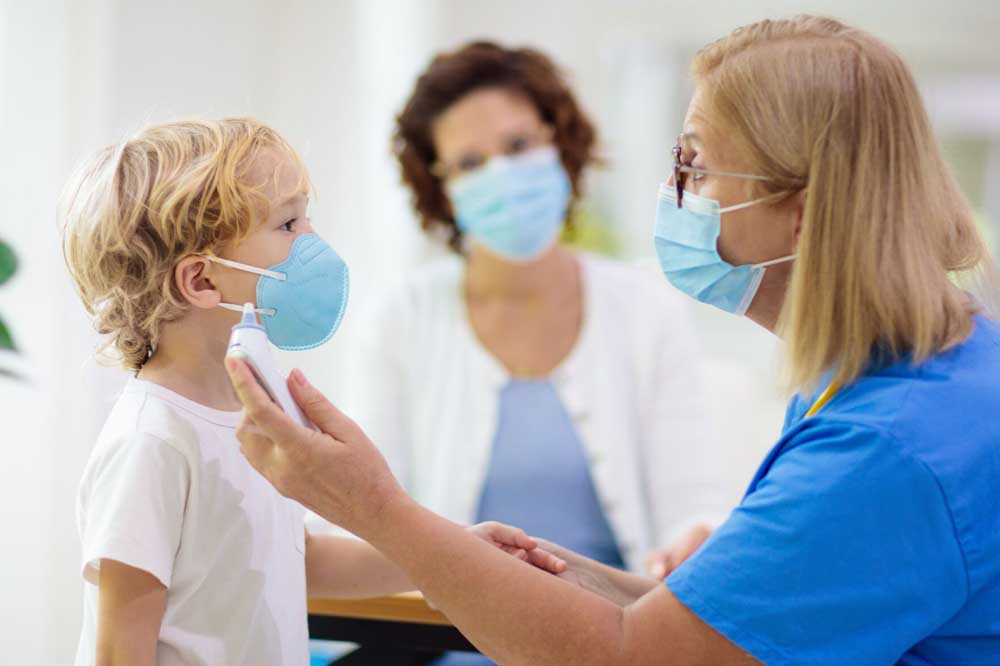OPINION: Going to the ER? For everyone’s sake, wear a face mask
Published 12:21 pm Thursday, November 7, 2024

- Guest opinion writer Dennis Kan urges anyone visiting an emergency room or urgent care office to wear a face mask, if not for their own protection, then for the protection of other people who might already be immunocompromised.
In the Emergency Department (ED) and Urgent Care (UC) waiting rooms, people impatiently wait to see the provider. In the corner of your eye, you see someone sitting slouched over and wearing a mask. While on the other side of the room, someone coughs their lungs out without a mask.
Trending
In your head, you wonder, do they have COVID? Flu? The plague?
In our society, wearing a mask is highly polarized, even though it shouldn’t. You may be sitting in the waiting room and thinking, “Why isn’t he wearing a mask?” “Do they not believe in masks?” “Who are they voting for?” “Are they immunocompromised?” and even “Should I be wearing a mask myself?”
As an infection prevention nurse for 8 years, I have dealt with countless infectious disease outbreaks like COVID-19 and measles.
Trending
My advice, wear a mask when entering an ED or UC, even if we are not there for a cough. For obvious reasons, wearing a mask prevents the spread of infection. Before the COVID-19 pandemic, some hospitals strongly encouraged everyone entering the ER to wear masks. Here are some reasons why:
There are people who are immunocompromised, meaning they don’t have a immune system that can ward off germs like it is supposed to. The germs that our body usually fights off easily, is much more difficult for people who are immunocompromised. When people who are immunocompromised get sick, they get REALLY sick. The typical cold virus can land them in the hospital.
Don’t forget that aside from COVID-19, there are many other respiratory viruses, like the flu.
Do masks work? The mask works as a “germ catch”; in other words, it works by catching the germs of the wearer and preventing them from spreading their germs to other people.
A forum from the Infectious Disease Society of America (IDSA) has demonstrated that universal masking is associated with significantly fewer hospital-associated respiratory infections (Munigala et al., 2024). Other respiratory infections besides COVID-19 include the seasonal flu and other nasty germs.
Finally, when everyone wears a mask, they will feel anonymous about why they are in the ER or UC. Is he here for a broken bone, a respiratory virus, or a gonorrhea test? You would not know!
When everyone wears a mask, it will remove the stigma it brings. By making wearing a mask a “normal” occurrence in the ED or UC, you can’t tell why they are there for you or even how they vote.
Next time in the Emergency Department or Urgent Care, wear a face mask to protect you from sharing your germs during this respiratory virus season and from nosey and judgmental neighbors who might guess why you are there. The best part is that you don’t need to have an internal debate about whether to wear a mask. If it is the default choice, you have one less choice to make, and you can focus your energy on something more critical: deciding what’s for dinner.







